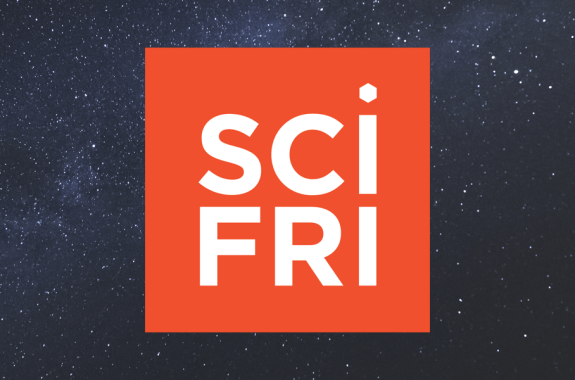July 4, 2025
In this archival show, undersea archaeologist Robert Ballard shares adventures from beneath the waves and his love for deep-sea exploration. Plus, research suggests that we share parts of our microbiome with people in our social networks beyond family members. And, a book uses science and the benefit of hindsight to figure out how to survive some of history’s biggest disasters.
June 27, 2025
In his new book, a former FDA commissioner unpacks the latest science on metabolism, weight loss, and how GLP-1 drugs actually work. Plus, the first images from the brand new Vera C. Rubin Observatory have finally been unveiled. And, researchers have observed a population of orcas that use kelp tools to scratch their backs.
June 20, 2025
Picking a sunscreen can be overwhelming. Experts tell us what to look for, and what ingredients matter. Plus, is the Hubble constant—a key part of how we measure our universe—having a crisis? Some cosmologists say yes. And, the new book “The Science of Revenge” explores the neuroscience of revenge, and how its addictive potential could make it dangerous.
June 13, 2025
US Health Secretary RFK Jr. fired an entire panel that recommends vaccines. Plus, the EPA moves to expedite cleanup of Superfund sites amid cuts. Former President Joe Biden’s diagnosis with an aggressive form of prostate cancer has put a spotlight on prostate cancer screening.
June 6, 2025
A mysterious polio-like disease could challenge our healthcare infrastructure. Plus, zooming in on non-cancerous cells in and around tumors. And, collagen from a fossilized bone fragment can identify the animal it came from, which may help scientists better understand extinction events.
May 30, 2025
Government cuts have left NSF funding at the lowest level in decades. What does that mean for science research? Plus, recent outages at Newark Airport highlighted the challenges facing air traffic controllers. What’s the science underpinning air safety? And, Scientists used gene-editing technology to create “Peter Pan” tadpoles that would eat the eggs of Australia’s cane toads—and never grow up.
May 23, 2025
The energy consumption of one AI query may seem small, but they add up. A new analysis calculates the AI industry’s footprint—so far. Plus, super agers are folks who stay fit into their 80s and beyond. What’s behind their unique health and longevity? And, could the NIH plan for a “universal vaccine” really work?
May 16, 2025
The Department of the Interior seeks to remove the endangered species designation from the lesser prairie chicken. Plus, how well do we understand the long-term health risks to firefighters? And, highlights from SciFri’s live show in Columbia, Missouri.
May 9, 2025
Some car designers are turning from touchscreen controls back to physical buttons. Two researchers explain why that could be better. Plus, geneticists used CRISPR gene editing to grow bigger tomatoes and eggplants without sacrificing flavor. And, an executive order could change the political tides for deep sea mining.
May 2, 2025
An astronomer explores the cosmos and the limits of what science can test. Plus, how the mysterious properties of pasta—like how it bends, coils, and breaks—have been tested by physicists for decades. And, millions of years ago, iguanas somehow got from North America to Fiji. Scientists think they made the trip on a raft of fallen vegetation.
